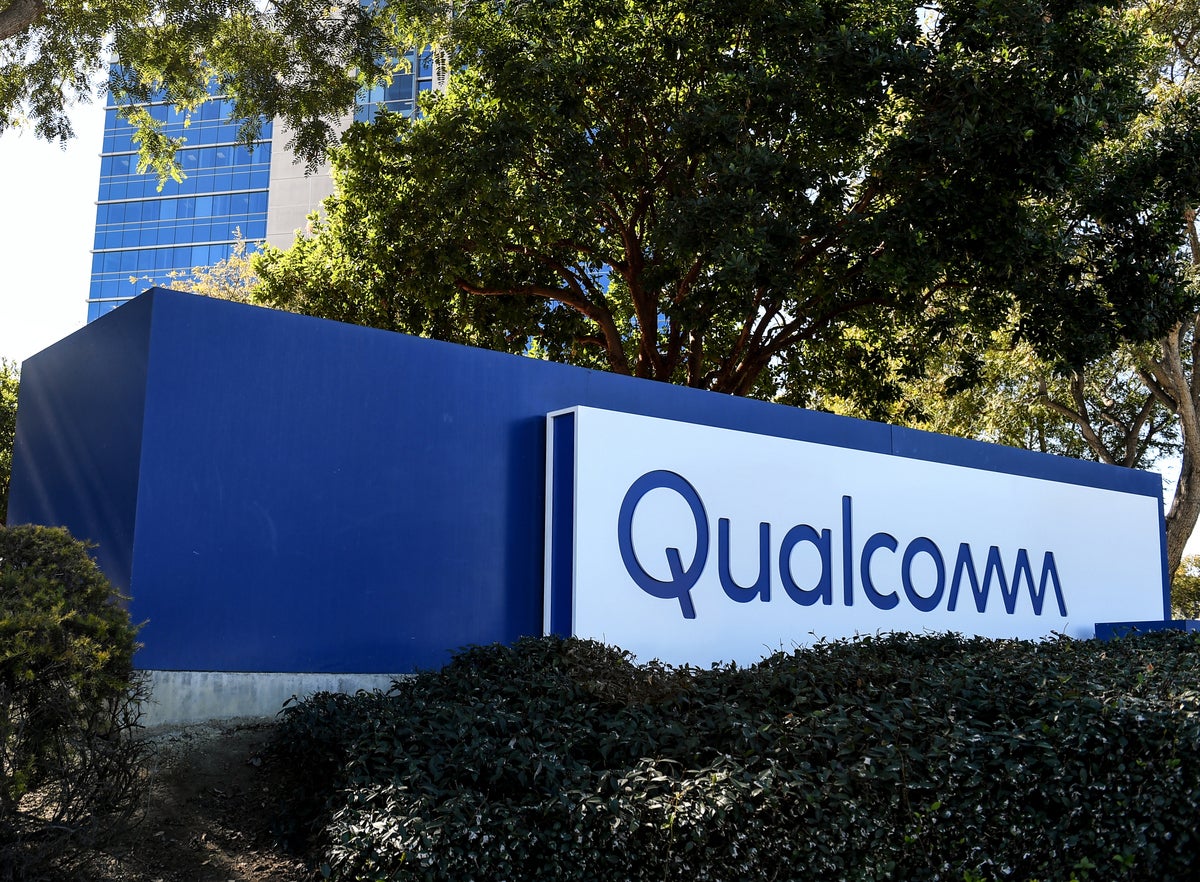- Scattered Spider Uses Tech Vendor Impersonation to Target Helpdesks
- How to clear your iPhone cache for a quick and easy performance boost
- 5 things I always consider before buying an air purifier - after testing many
- From Design to Impact: Circular design across Cisco’s product life cycle
- You shouldn't trust AI for therapy - here's why
Qualcomm doubles down on its pivot to AI during Computex keynote

Qualcomm has announced it is shifting its focus from providing chips exclusively for communications devices and doubling down on its efforts to support AI workloads.
The company is transitioning to becoming an “intelligent edge computing” firm, Alex Katouzian, a senior vice president at Qualcomm, said during a keynote speech at the Computex show in Taipei Tuesday.
AI workloads require a lot of compute power and in February, Qualcomm announced the Snapdragon X75, its latest 5G modem component that the company said will be the world’s first 5G Advanced-ready modem-RF system. The X75 also reportedly able to process AI workloads 2.5 times faster than its predecessor, the X70. 5G-Advanced is a set of specifications designed to improve speed, maximize coverage, and enhance mobility and power efficiency for mobile devices.
Local devices offer superior performance per watt, compared to cloud-based data centers, Katouzian said during his keynote, noting that moving forward, it won’t be feasible for AI workloads to be hosted purely in the cloud and the most efficient experience would come from sharing workloads between client devices and the cloud.
“As growth in the number of connected devices and data traffic continues to accelerate and data center costs climb, it simply won’t be possible to send everything to the cloud,” Katouzian said.
As the need for chips that can support AI capabilities continues to skyrocket, Qualcomm is just one of many companies, including Nvidia and Arm, that has pivoted its business model to take advantage of the growing demand.
However, although Katouzian said during the keynote that, to date, Qualcomm has shipped two billion AI-capable products, in Qualcomm’s second-quarter earnings for financial year 2023, the company saw sales from handset chips, a core business for the company, decline 17% year on year.
In a statement issued at the time, CEO Cristiano Amon blamed the results on a challenging environment, and said the company had not seen evidence that smartphone sales are recovering in China. According to IDC, smartphone shipments for the global market declined over 14% in the first quarter of 2023.
Despite the challenging market, speaking to analysts after the company reported its 2023 second quarter results, Amon said that Qualcomm is “uniquely positioned” to support the abundance of AI use cases on edge devices.
“We’re advancing AI to make core on-device capabilities ubiquitous such as perception, reasoning, action, and now, content creation,” he said. “With millions of AI-enabled platform shipments per year, unparalleled AI processing performance per watt in the broadest range of device categories from smartphones to PCs, automotive, and IoT, Qualcomm is firmly at the forefront of this upcoming transformation.”
Copyright © 2023 IDG Communications, Inc.

